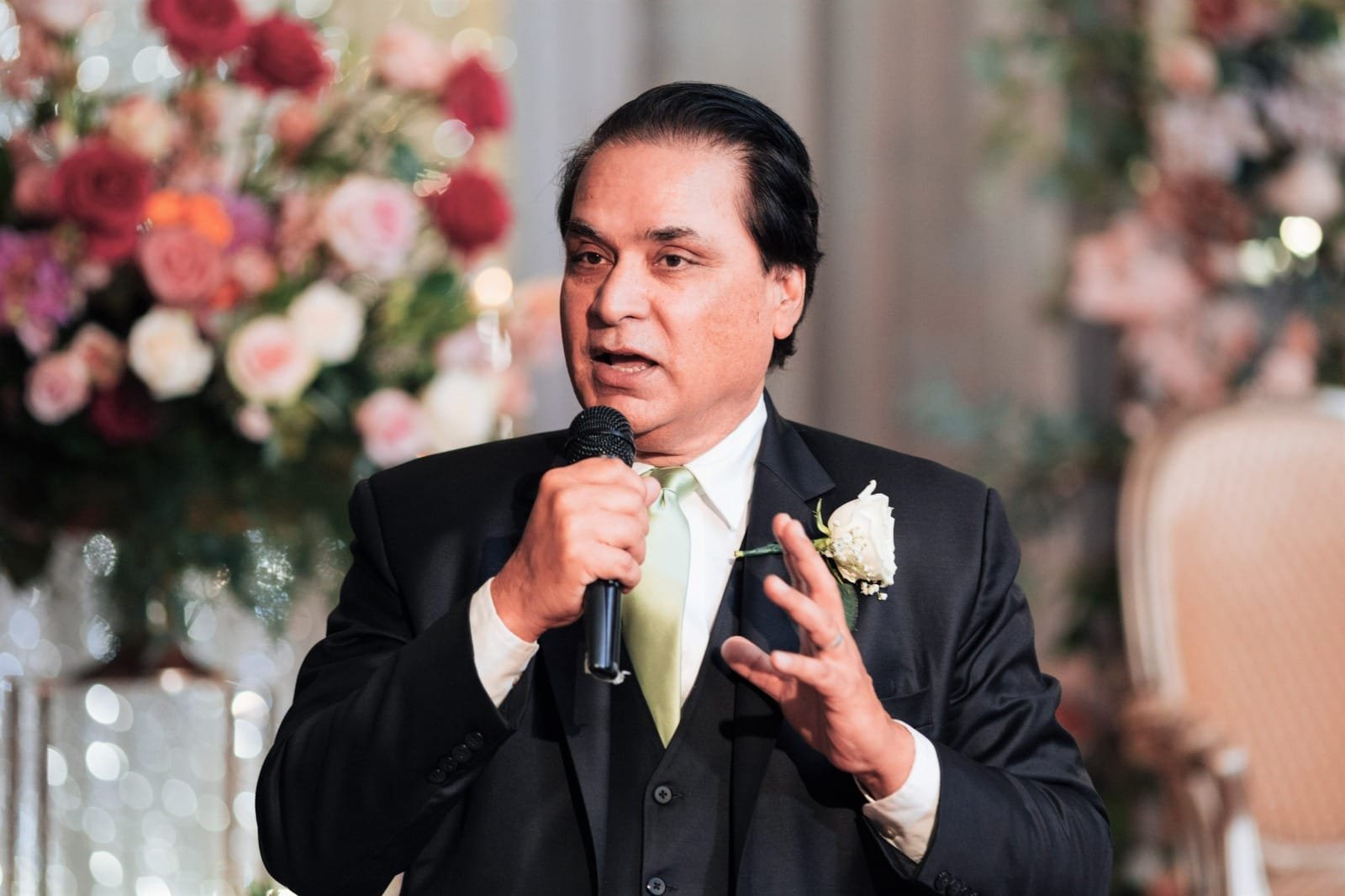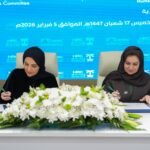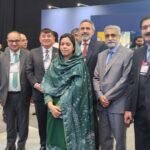Doha, 09 Jan. 2023 (QT)
By Badar Sohail Khan
A Qatari corporate leader is heavily influenced by the country’s cultural and traditional values, as well as its rapid modernization and globalization.
Cooperate leaders in Qatar are characterized not only by the business results but by a strong emphasis on tradition and cultural values, as well as a strong commitment to the well-being of the community. This approach to leadership is shaped by the country’s history and its unique cultural and social norms.
Over the span of my 25 years career in Qatar, I have worked in some of the major organizations in Qatar. In doing so, I have the opportunity to work with and observe some of the best Expatriate and Qatari corporate leaders.
My observations are that there is a huge contrast the way expatriate leaders and Qatari leaders react to in different leadership situations. Although none is better than others but distinctly different.
A Qatari corporate leader is heavily influenced by the country’s cultural and traditional values, as well as its rapid modernization and globalization. He is result oriented, strong, decisive, and visionary while also being deeply rooted in the country’s cultural traditions and values.
While other expatriate leaders who are mostly western trained are more focused on business results and profit and loss. The key attribute of a good Qatari corporate leader is the ability to strike a balance between tradition and modernity.
As Qatar has undergone rapid development in recent years, a Qatari leader has had to navigate the challenges of modernization while also maintaining a strong connection to the country’s rich cultural heritage. This has required from Qatari corporate leaders to be adaptable and open to new ideas while also being respectful of the country’s traditions, values and strategic direction. Another important aspect of outstanding Qatari corporate
leadership is their ability to inspire and motivate others and lead by example. They have to work twice as hard to prove that they hold their position because of their competence and not just their Qatari nationality tag. They are expected to be knowledgeable, confident and assertive yet respectful. They demonstrate more tolerance and empathy to their staff and peers compared to expatriate leaders. They are more approachable and accessible and very willing to listen to the concerns and needs of their staff compared to expatriate leaders.
In terms of decision-making, Qatari corporate leaders are decisive and confident. Qatari corporate leaders have the ability to make difficult choices and to take calculated risks in order to achieve their goals. However, they are consultative and to seek out the advice and input of others before making important decisions.
In my well over 25 years of experience in Qatar corporate culture, I have had the opportunity to work with some brilliant and accomplished Qatari corporate leaders such as Faisal Al Suwaidi (Ex-CEO Qatargas), Nasser Al Mawlawi (Ex-President PWA) and in younger lot Abdelaziz Al Mannai of QP and Abdulrahman Al Mannai (ex- CEO Malaha) and Nasser Al Maslamani of Baladna. They all have strong work ethics, a will to succeed and a passion for delivering results, yet, very employee-centric and high on empathy.
One key aspect of Qatari corporate leaders is the importance of family and community ties. In Qatar, leaders are expected to be strong and respected members of their families and to be actively involved in their communities. This often involves taking on a variety of roles, including mediating disputes, providing support and guidance to community members, and working to promote the well-being of the community as a whole.
Another important aspect of Qatari corporate leaders is their emphasis on respect for authority and tradition.
In Qatar, leaders are expected to be knowledgeable about the country’s history and culture and to uphold the values and traditions that have shaped the nation. This includes a strong focus on building and maintaining relationships with other leaders and community members, and working to preserve the country’s cultural heritage.
At the same time, Qatari corporate leaders are innovative and forward-thinking and are able to adapt to changing circumstances. This requires a strong ability to think strategically and to make decisions that are in the best interests of the company and the country.
Overall, Qatari corporate leadership is characterized by a strong commitment to tradition, community, and the well-being of the people. It is a leadership style that is built on respect, collaboration, and a deep understanding of the country’s history and culture.
(Badar Sohail, a long-term resident of Qatar with a successful track record of more than 25 years in leading human resources development functions in the Oil and Gas, Healthcare, and Infrastructure sectors.
Badar has the privilege of leading the HR function of organizations like Union Texas Petroleum Houston Tx, Qatar Liquefied Gas Company, Public Works Authority Qatar and Baladna Food Industries.
He is the founder of several social and professional organisations and currently supports the community as chairmen board of Pakistan Engineers Forum (PEF).










